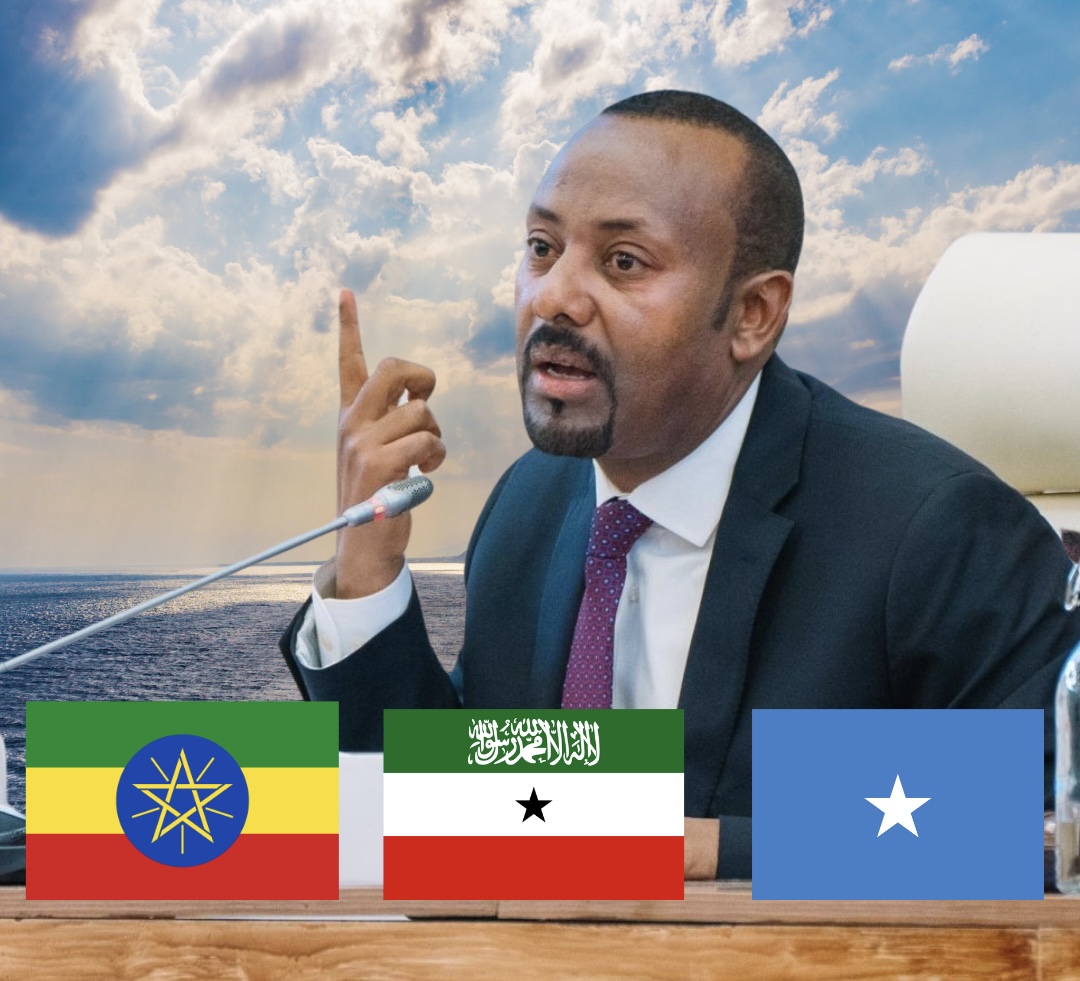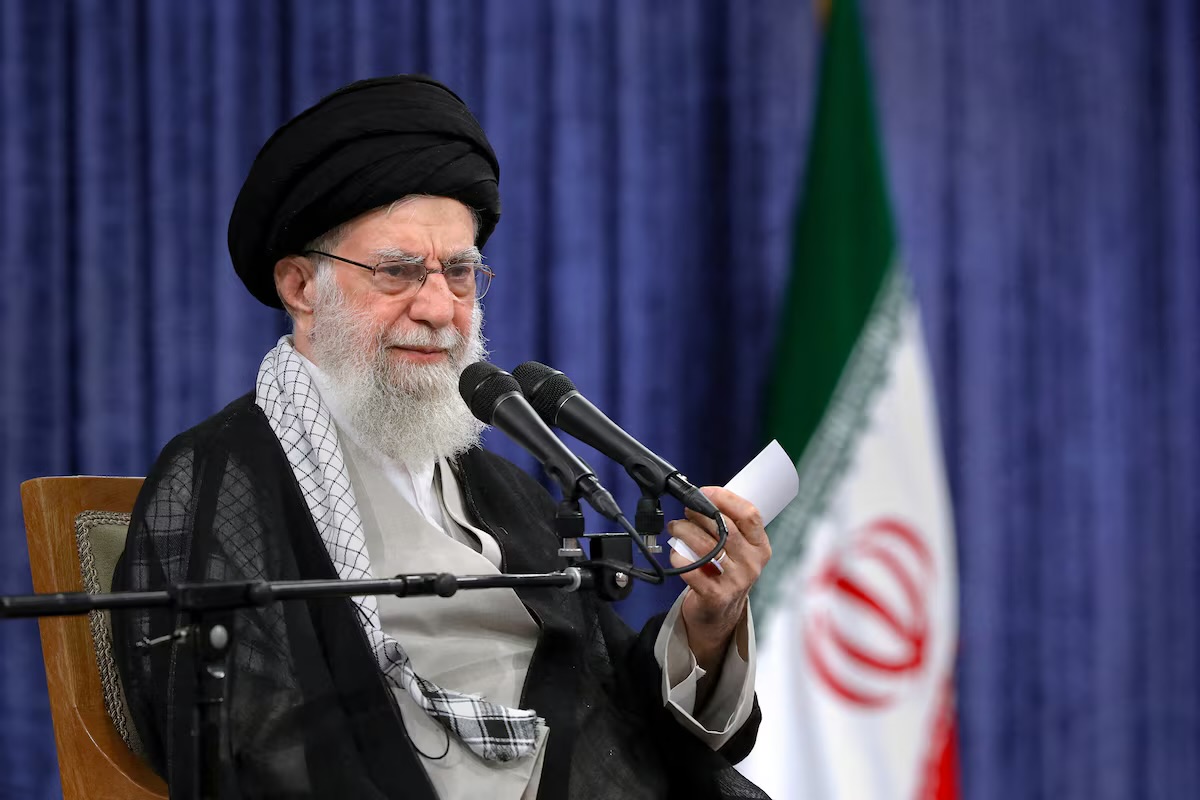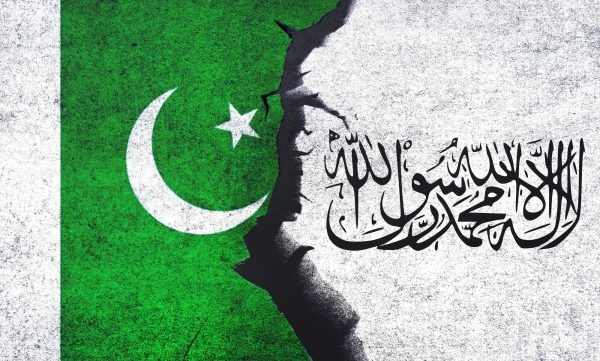The Advocate Post: In a significant statement before parliament, Ethiopian Prime Minister Abiy Ahmed underscored Ethiopia’s “unwavering interest” in securing access to the Red Sea through peaceful means. “We do not seek it through war or force. Ethiopia deserves access to the Red Sea by any law, by any country’s experience,” Abiy said, marking the first time he has publicly discussed recognition in relation to Somaliland.
Key Points from PM Abiy Ahmed
Peaceful Pursuit: Ethiopia seeks Red Sea access without conflict.
Legacy for Generations: PM Abiy remarked, “If we don’t achieve it, our children will,” underscoring the generational ambition.
Somaliland MoU: Earlier this year, Ethiopia and Somaliland signed a Memorandum of Understanding (MoU) for sea access in exchange for recognizing Somaliland. Initially proposed as a 99-year lease, it was later adjusted to a 50-year term, which Abiy defended as a non-aggressive, legitimate agreement.
Somaliland’s Strategic Importance and the Berbera Port
With Somaliland offering the Berbera Port, already receiving significant investment from UAE’s DP World, the region has strategic potential. The MoU reportedly proposes leasing a 20-kilometer coastal area to Ethiopia for use as a maritime base rather than a commercial port, with Somaliland’s condition being formal recognition from Ethiopia and increased Ethiopian use of Berbera. Additionally, Somaliland seeks revenue benefits, including potentially securing a percentage of Ethiopian Airlines’ annual revenue.
However, some ambiguity remains in Ethiopia’s references to the term “sea access.” While Ethiopian officials frequently mention sea access to the Red Sea, they rarely specify “maritime base,” suggesting a broader intention that might include both a military base and commercial port. This raises key questions: Does Ethiopia aim to manage both a base and port? Will Somaliland consent to such a proposal, or would it counter the agreed terms?
Following the MoU’s signing, Somaliland President Muse Bihi Abdi clarified that the agreement specifies a maritime base, not a port. He underscored that the partnership is intended to benefit both nations, with Somaliland expecting Ethiopia to make greater use of Berbera Port under the arrangement.
Regional Tensions and Diplomatic Impact
The diplomatic landscape has grown tense, particularly between Ethiopia and Somalia, following Ethiopia’s MoU with Somaliland, which Somalia considers a part of its territory. In response, Somalia expelled Ethiopia’s ambassador, recalled its own from Ethiopia, and excluded Ethiopia from future AU-led peacekeeping forces planned to replace the African Union Mission in Somalia (ATMIS). In a move to strengthen its security posture, Somalia also signed a military cooperation agreement with Egypt, bolstering alliances with Egypt and Eritrea in a summit held in Asmara.
International Perspectives on Horn of Africa Tensions
The United Kingdom and other international actors have expressed concern about the Ethiopia-Somaliland MoU’s potential implications. The UK reaffirmed support for Somalia’s sovereignty while encouraging diplomacy and dialogue between Somalia and Ethiopia. Turkey has stepped in as a mediator, with the UK supporting these efforts to defuse tensions and promote diplomatic solutions. Since 2019, the UK has committed over £1 billion in humanitarian aid to East Africa, addressing the impacts of drought, flooding, and conflicts in the region.
Somaliland’s Role in Regional Stability
As tensions simmer in the Horn of Africa, Somaliland finds itself in a uniquely influential position. By potentially facilitating Ethiopia’s access to the Red Sea, Somaliland could solidify its own economic and political stature, positioning itself as a vital player in regional geopolitics. This deal holds the potential to bolster Somaliland’s bid for international recognition, with Ethiopia’s backing representing a significant milestone.
Ongoing Conflict in Sudan
In addition to the Ethiopia-Somalia tensions, the crisis in Sudan remains a pressing concern. The humanitarian needs have surged, with more than 24 million people requiring aid. The UK has committed £113.5 million to assist Sudan and continues to advocate for a permanent ceasefire and greater international cooperation.
Ethiopia’s pursuit of Red Sea access through Somaliland, alongside regional diplomatic shifts, underscores the Horn of Africa’s complex political landscape. As Somaliland’s role emerges at the center of these developments, questions about the specifics of Ethiopia’s “sea access” ambitions highlight the need for clarity and careful diplomacy. Somaliland’s strategic partnership with Ethiopia holds the potential to redefine regional relations, enhance stability, and foster economic growth—if implemented with mutual respect and transparency. This unfolding chapter calls for strategic engagement and the careful balancing of regional interests to navigate an uncertain but potentially transformative path forward.






This Post Has One Comment
Pingback: An Emerging Anti-Ethiopian Axis in the Horn - The Advocate Post